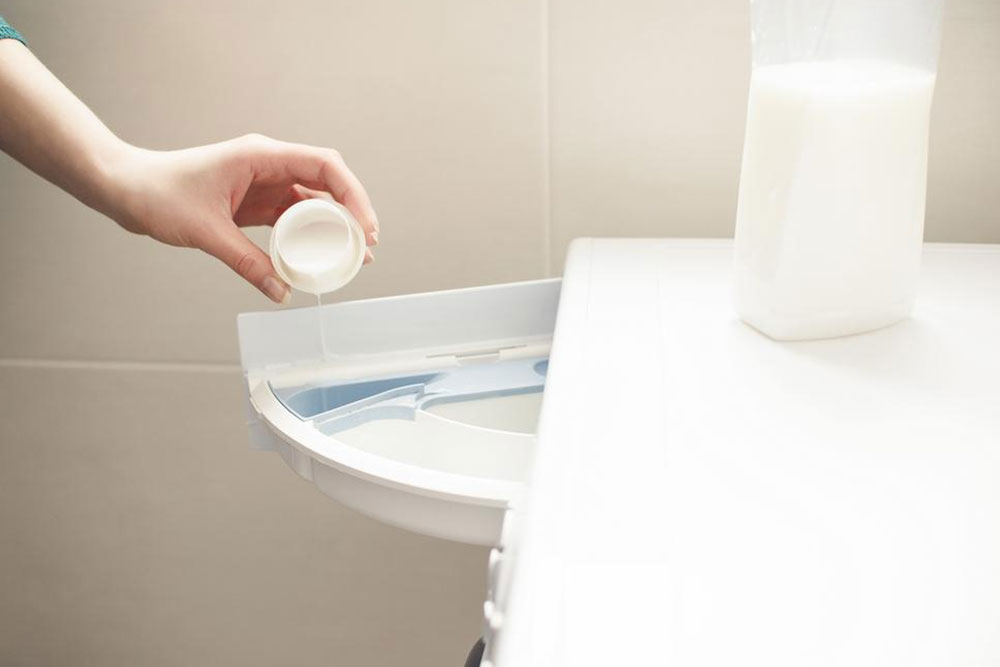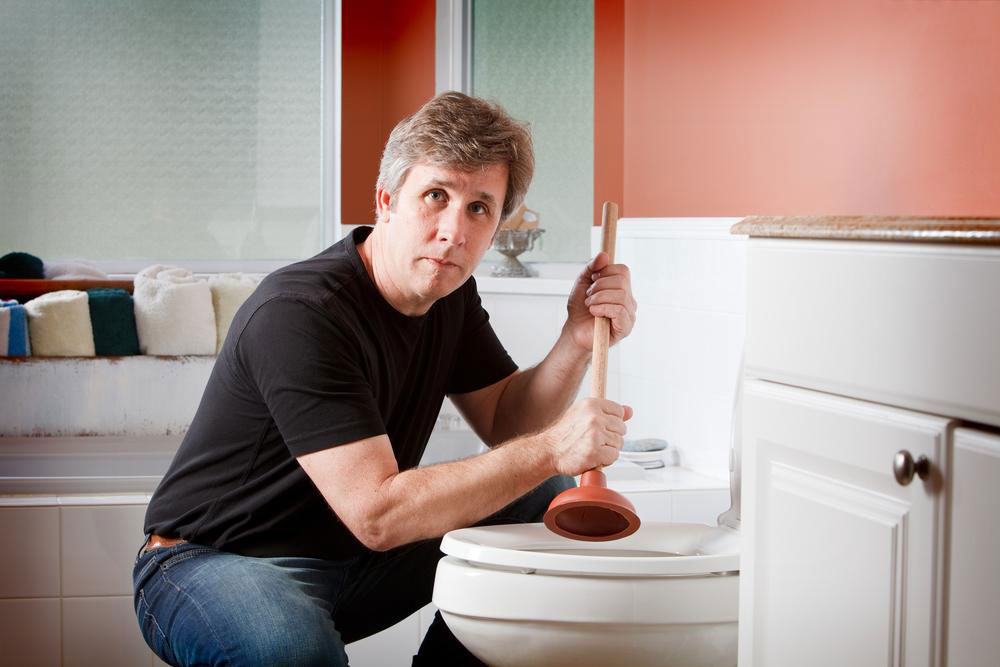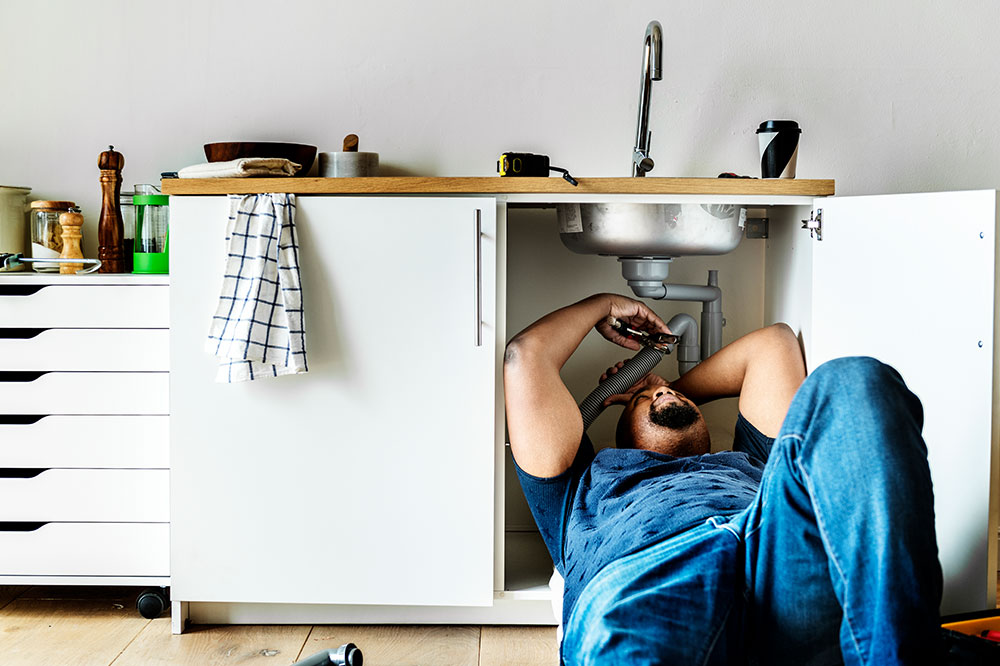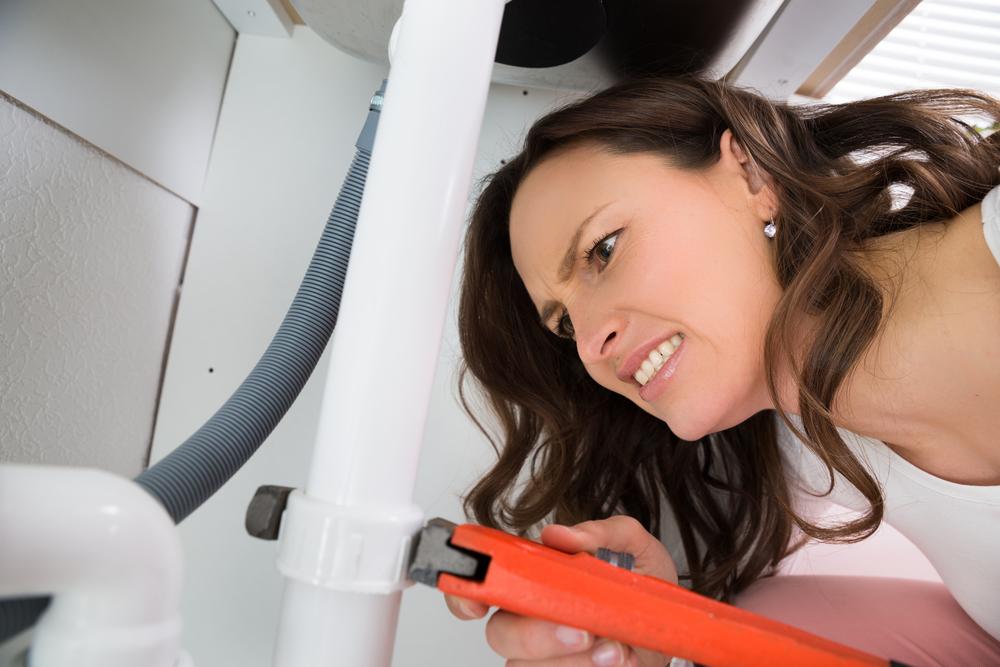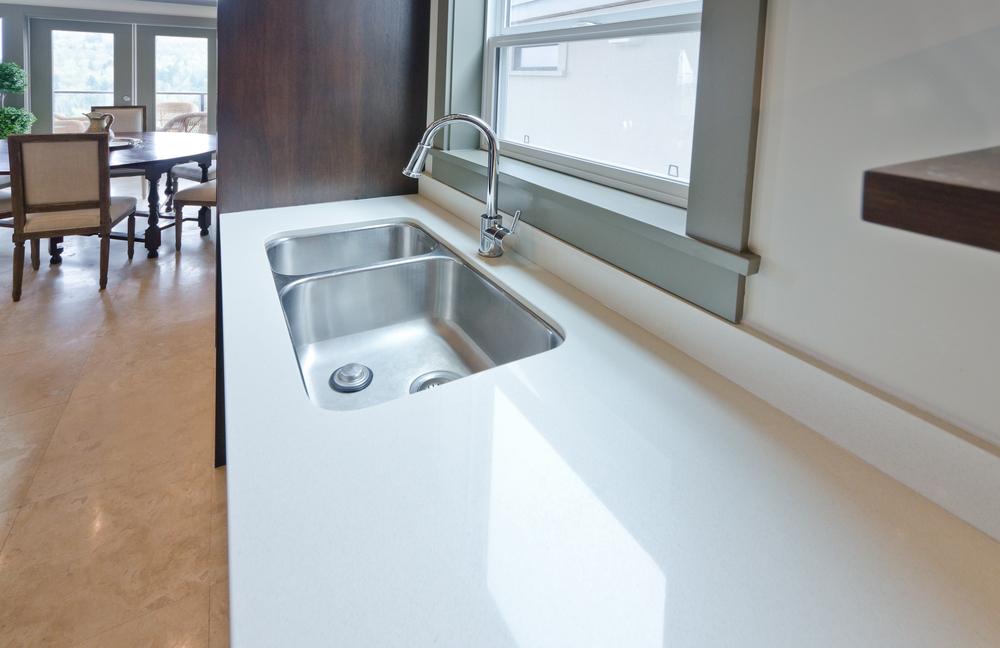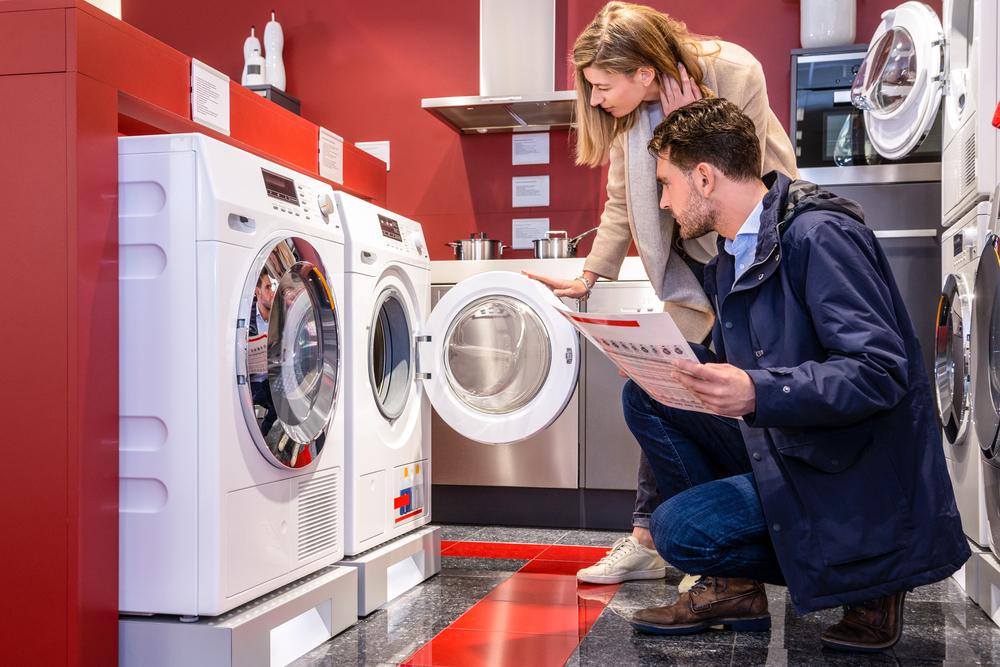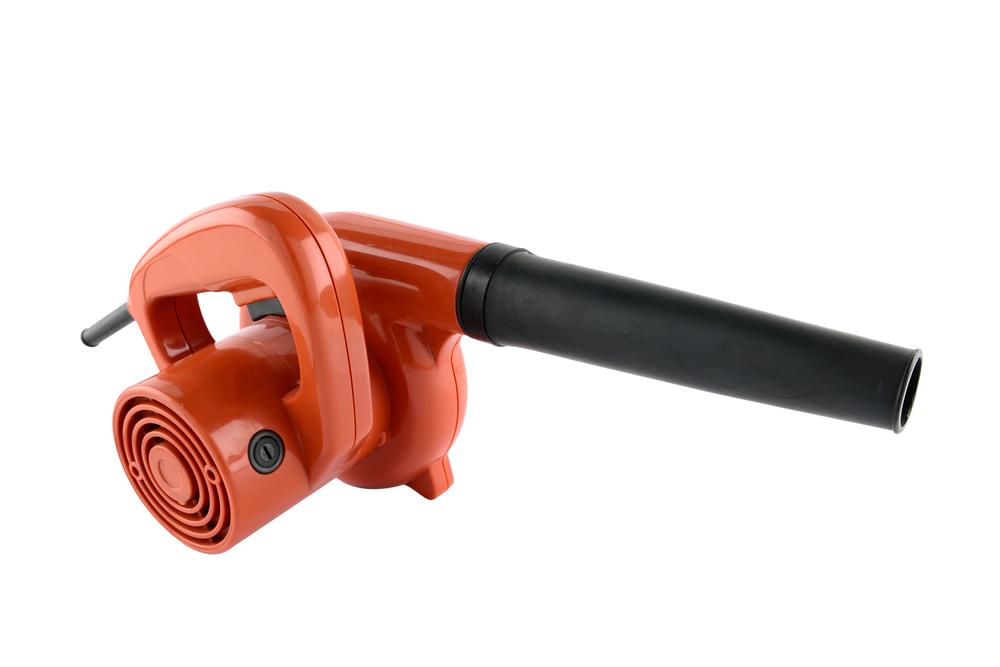Essential Tips for Maintaining Clean and Clog-Free Drain Pipes
Learn essential tips to keep your drain pipes clean and prevent costly clogs. This guide covers practical methods like using strainers, avoiding grease, and scheduling routine inspections to maintain healthy plumbing. Easy maintenance techniques will help you avoid common blockages, odors, and plumbing repairs, ensuring a smooth water flow in your home. Regular care and preventive measures are key to extending your drain system’s lifespan and avoiding unexpected expenses.
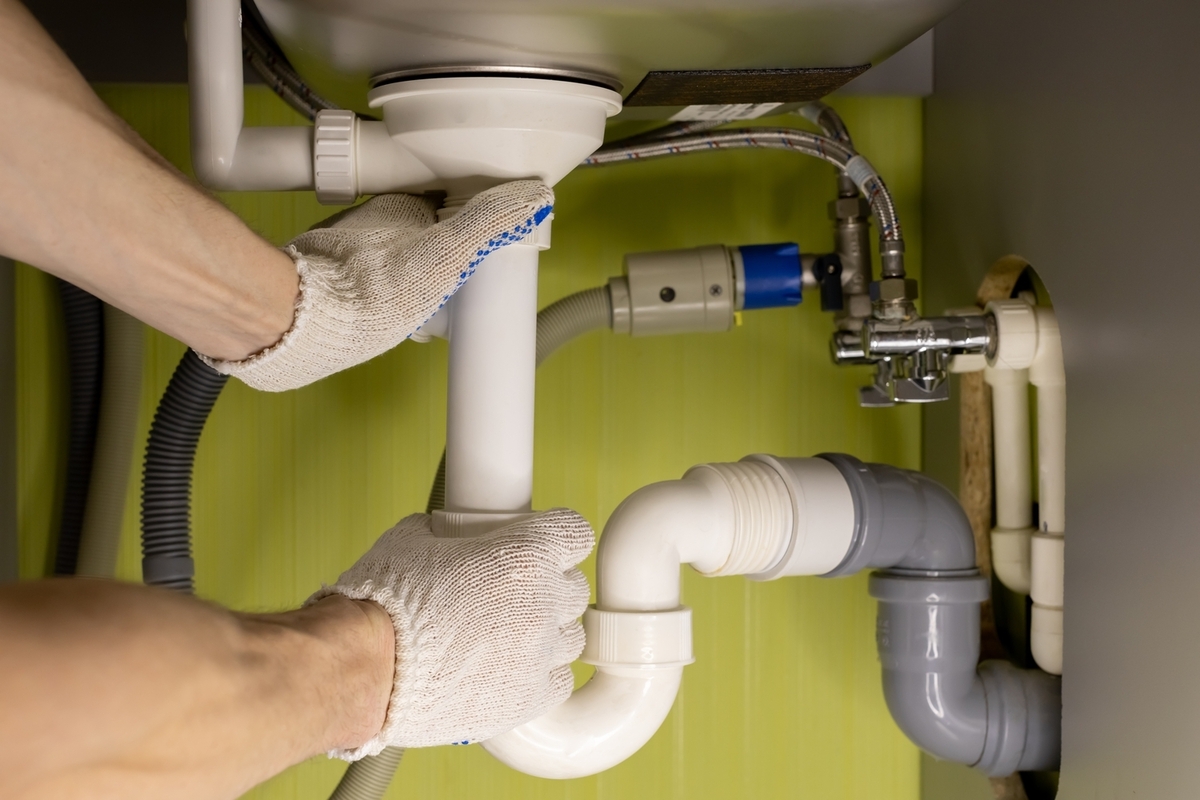
Essential Tips for Maintaining Clean and Clog-Free Drain Pipes
Keeping your drain pipes clear is vital for proper water flow and preventing plumbing issues. Whether in the kitchen, bathroom, or laundry area, buildup from food, hair, grease, and minerals can cause blockages, bad odors, and damage. Regular maintenance and preventive actions can significantly extend your pipes’ lifespan. This guide shares practical tips to keep drains clean, avoid clogs, and ensure your plumbing runs smoothly without costly repairs.
Why Regular Drain Cleaning Is Important
Drain pipes remove wastewater and waste from your home. Over time, substances like food particles, hair, soap residue, fats, and mineral deposits accumulate, leading to blockages and slow draining. Maintaining clean pipes helps prevent odors, water backups, and structural damage, saving money and effort in the long run.
Follow these effective strategies to keep your drain systems in optimal condition:
Install Drain Screens
Using strainers or covers traps debris such as hair, food scraps, and soap scum before they enter your pipes, reducing clogs. Remember to clean them regularly to maintain their effectiveness.
Avoid Pouring Fats and Oils
Fats and oils solidify inside pipes, causing stubborn blockages. Dispose of cooking fats in containers or use eco-friendly waste disposal methods instead of pouring them down the drain.
Flush with Hot Water
Running hot water weekly helps dissolve grease, soap scum, and mineral buildup, keeping pipes clear and odor-free.
Use Baking Soda and Vinegar
A natural cleaning method involves pouring half a cup of baking soda followed by half a cup of vinegar into the drain. After 15-20 minutes, rinse with hot water to clear residues and odors.
Proper Garbage Disposal Use
Operated correctly, disposals reduce food waste buildup. Avoid putting fibrous, starchy, or large food items that can jam or block pipes. Always run cold water during operation.
Apply a Plunger for Blockages
For slow drains or minor clogs, a plunger provides effective suction to dislodge debris. Ensure a tight seal to maximize suction and avoid leaks.
Utilize Wet/Dry Vacuums
Sealing the vacuum hose over the drain and switching to liquid mode can suck out clog-causing debris, offering a chemical-free cleaning option.
Avoid Harsh Chemical Cleaners
Strong chemical drain cleaners can corrode pipes over time. Opt for eco-friendly solutions or professional assistance for severe blockages.
Schedule Expert Drain Inspections
Regular check-ups by professional plumbers ensure proper maintenance, identify hidden issues like tree root intrusion, and prevent major problems before they escalate.
Be Careful What You Flush
Flushing only toilet paper and waste prevents serious clogs. Items like wipes, cotton balls, and sanitary products should be disposed of in trash bins.
Additional preventive tips:
| Tip | Description |
|---|---|
| Use Drain Covers | Prevent large debris from entering your pipes through screens or covers. |
| Limit Chemical Usage | Reduce pipe damage by avoiding excess use of harsh chemical cleaners. |
| Get Camera Inspections | Investigate recurring problems such as pipe damage or root intrusion with professional camera scans. |
| Monitor Waste Disposal | Be cautious about how much food and soap waste you pour down your drains to prevent buildup. |
Consistent cleaning and smart maintenance are key to plumbing health. Regularly clearing out buildup, using natural cleaning methods, and scheduling professional inspections will keep your drainage system functioning efficiently, saving you money and ensuring a clean, odor-free home environment.
Adopting these simple preventive practices will help prolong your pipes’ lifespan and maintain a tidy, well-functioning plumbing system.


